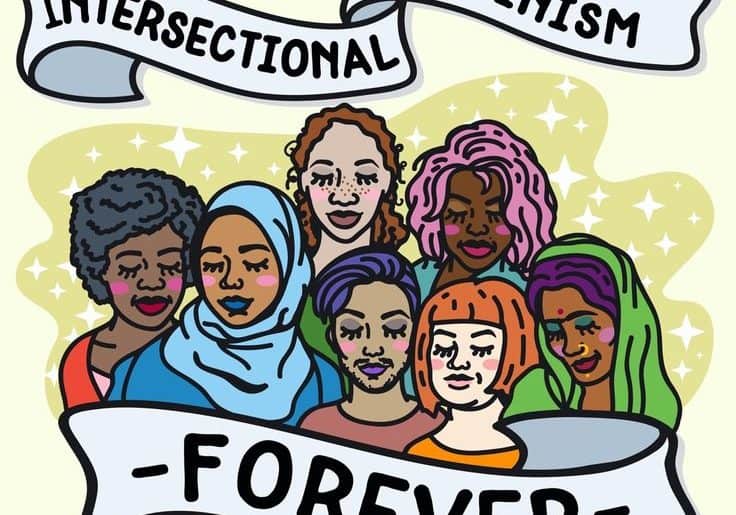Feminism has been the buzzword for a while now and rightly so. However, today’s feminist movement seems to be in danger as time and again it refuses to integrate intersectional feminism. It’s time that upper-class and upper caste women check their privilege.
Average Dalit Woman Dies 14.6 Years Younger than Women from Higher Castes, reported The Hindu on February 19, 2018. According to another report from UN Women, titled Turning Promises into Action: Gender Equality in the 2030 Agenda for Sustainable Development, Dalit women face more unjust or prejudicial treatment as compared to higher caste women in India. They have less or no access to safe drinking water and healthcare. They have low mortality rates due to poor sanitation facilities. This report astonished me. My first question was, ‘What does mortality rate have to do anything with caste?’ I know this question of mine reeks of ignorance and elitism. I have been raised this way, with my parents never talking to me about caste. They made me believe that caste is a ‘non-issue’. However, they have judged people on the basis of their caste, whenever they ask someone’s last name. I have judged my fellow classmates and friends. I always thought, especially when I was in high school that they have had it easy. They wouldn’t have to worry about admissions and scholarships and jobs for they had reservations. This isn’t just me. Every fairly educated, upper or middle-class Indian thinks this way.
A lot of upper and middle-class parents wish to raise their kids away from the ugliness of caste system. As a result, they end up raising kids who are caste blind. They raise a whole generation of casteist, privileged kids who have no idea about what’s happening around them. Textbooks in schools also teach them that caste doesn’t exist anymore. Right from the childhood, kids like me, have been caste blind-folded. Same goes for religion too. Like they say. the first step of solving any problem is acknowledging that there is a problem. Refusing to cognize caste is an ostrich policy, not progressivism.
Consequently, another question popped into my head. Does my feminism talk about the women who face far more discrimination than me because of their caste, ethnicity, and religion? I think for a while now, my feminism has been about what you call ‘mainstream feminism’. With it being trans-exclusionary and caste/class-blind, it has been non-intersectional. I have been preaching about feminism without taking into account the experiences of women whose caste, religion, race, and social identities have stopped them from enjoying equal rights and opportunities like me. These forms of discrimination further marginalise women which leads to larger inequalities. I am privileged, for my life has not been affected by my social identity (i.e. caste, class, religion) in any way.
I may never be able to understand how much it hurts trans people to know that they’re not being seen as who they are. I may not be able to understand how caste dictates one’s everyday life. I might never be able to know the terror under which minorities live. All I can be is an ally. I can give spaces which I am occupying to them to speak for their rights. I should not speak for them. I need to recognize my privilege and learn from them. We need more trans women, Dalit women, women from the lower classes in leadership roles. It’s time for feminism to become more inclusive. We need to uplift women who are disadvantaged socially, politically and economically. Intersectionality matters and its time we listen to the less-privileged women for they are the ones who will be the pacesetters of women’s rights all over the world.
Feature Image Credits: Salmon Design
Disha Saxena




Comments are closed.